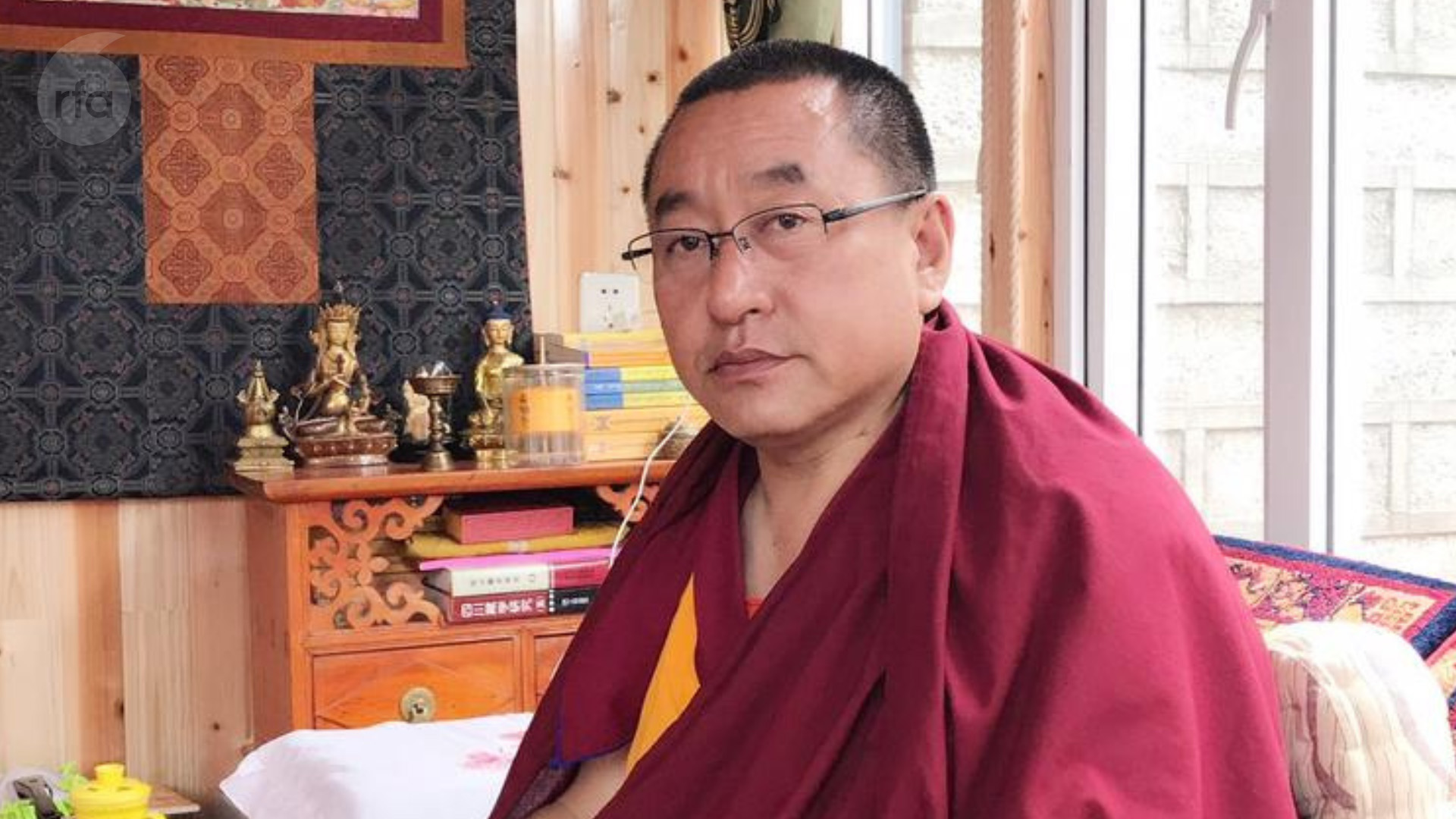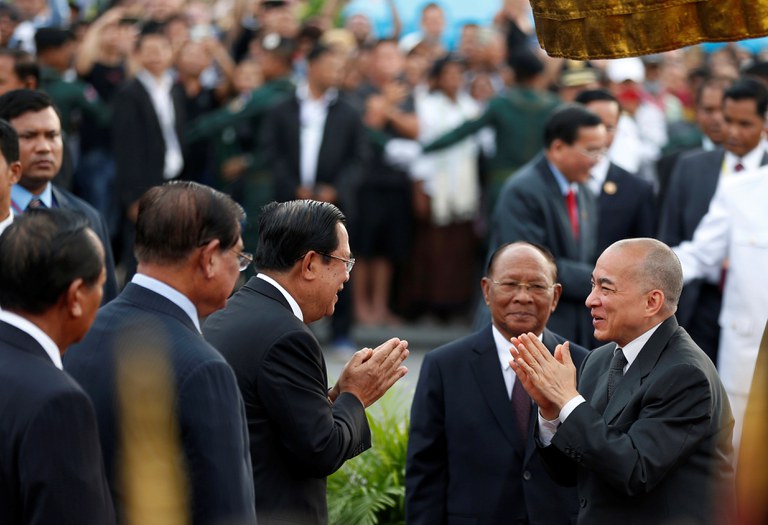
ASEAN leaders call for measurable progress on Myanmar peace plan
ASEAN leaders called Friday for measurable progress in their peace plan for Myanmar, amid growing criticism over the Southeast Asian bloc’s failure to stem the deepening conflict in one of its 10 member states. Meeting at an Association of Southeast Asian Nations summit in Cambodia, the group reaffirmed their commitment to the Five Point Consensus that was agreed to in April 2021 and aims to bring peace and restore democracy to Myanmar following the military coup against the elected government that has spawned a deepening civil conflict. A statement emerging from the summit in Phnom Penh called on ASEAN Foreign Ministers to establish a specific timeline for implementation of a plan that includes “concrete, practical and measurable indicators” of progress. ASEAN reserved the right to review Myanmar’s representation at its meetings. The call for tangible progress comes as human rights groups assail ASEAN’s failure to pressure the Myanmar junta, which has largely ignored the Five Point Consensus and resisted dialogue with representatives of the civilian administration it ousted. Instead, the military has dubbed many of its key political opponents as terrorists or outlaws and waged a scorched earth campaign in the Burmese heartland. Indonesia’s President Joko Widodo speaks to the media during ASEAN summit in Phnom Penh, Cambodia, Friday, Nov. 11, 2022. CREDIT: AP/Apunam Nath Earlier Friday, Indonesia’s president Joko Widodo expressed “deep disappointment” about the worsening situation in Myanmar. Indonesia is set to take over the rotating chairmanship of ASEAN from Cambodia, which is nearing the end of its 12-month stint. Myanmar’s coup leader Senior Gen. Min Aung Hlaing was excluded from the summit, and Widodo told reporters he wanted to extend a ban on Myanmar junta representatives, who are barred from meetings of ASEAN leaders and foreign ministers, The Associated Press reported. Friday’s statement, however, stopped short of barring the junta from attending other ASEAN meetings. “Indonesia is deeply disappointed the situation in Myanmar is worsening,” Widodo said. “We must not allow the situation in Myanmar to define ASEAN.” Philippines President Ferdinand Marcos Jr. also called on Myanmar to abide by and implement the Five Point Consensus. Analysts say there are clear fault lines among ASEAN’s 10 members on how to deal with the Myanmar crisis – with Indonesia, Malaysia and Singapore reportedly taking a tougher line than nations such as Thailand, Cambodia and Laos. Nevertheless, as Cambodian Prime Minister Hun Sen kicked off Friday’s proceedings, he asserted: “Our Motto ‘ASEAN: One Vision, One Identity, One Community’ still holds true to its values today.” He was speaking at the opening ceremony of what were actually two summits in one day. ASEAN is required to hold two leaders’ meetings a year but countries that don’t have the cash to pay for separate meetings are allowed to hold them back-to-back. Also on the agenda were security issues, regional growth and geopolitics. Marcos seemed to urge caution over global powers gaining further influence in the region. Leaders of strategic rivals the U.S. and China – President Joe Biden and Prime Minister Li Keqiang – are joining summit meetings in Phnom Penh this week. “It is imperative that we reassert ASEAN Centrality. This in the face of geopolitical dynamics and tensions in the region and the proliferation of Indo-Pacific engagements, including the requests of our dialogue partners for closer partnerships,” he said. Marcos’ comments came a day after top U.S. diplomat for East Asia, Daniel Kritenbrink, said Saturday’s ASEAN-U.S. Summit would try to promote the Indo-Pacific Economic Framework, whose signatories include the Philippines. That framework is widely seen as Washington’s effort to counter China’s investment in infrastructure and industry in Southeast Asia and beyond. “ASEAN is clearly at the center of the region’s architecture, and the U.S.’s strategic partnership with ASEAN is at the heart of our Indo-Pacific strategy,” Kritenbrink said. The 10 ASEAN members will still need international trade and investment partners as the world recovers from the impact of COVID-19. Hun Sen was cautious about expectations of a strong post-pandemic recovery. “While we are now enjoying the fruits of our efforts and moving towards sustainable growth we should always be vigilant as the current socio-economic situation in ASEAN as well as in the whole world remains fragile and divided,” he said. But he cited forecasts that economic growth in ASEAN would reach 5.3% this year and 4.2% in 2023, which he called “impressive compared to the rest of the world.” ASEAN leaders also held talks Friday with China, South Korea and the United Nations. On Saturday they meet with India, Australia, Japan, Canada and the U.S. Next week, there will be further summits of leaders of the G-20 in Indonesia, and APEC in Thailand. Indonesia is next to take the ASEAN chair and it may be hosting an 11th member. Leaders issued a statement Friday saying they agreed in principle to East Timor joining the bloc.





